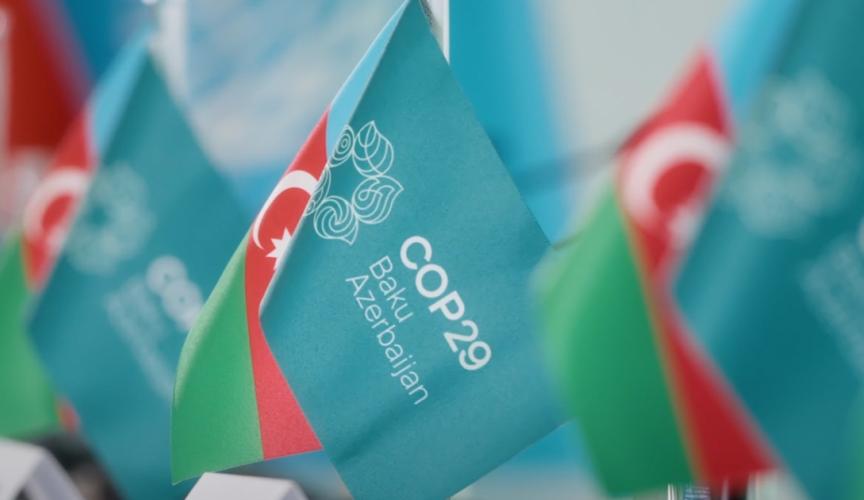
The climate crisis demands immediate action. The United Nations Environment Programme has stated that a global mobilization of renewable energy, forest protection, and energy storage technologies is imperative to avoid a catastrophic rise in global temperatures. Extreme weather events are already devastating communities, and the window to stay within the 1.5°C target is rapidly closing. According to the World Bank, climate change now threatens the lives of 1.2 billion people, with the economic costs of extreme events already reaching a staggering $2.8 trillion. The year 2024 is likely to be the hottest on record, surpassing the previous high set in 2023. The Copernicus Climate Change Service, the European Union agency responsible for monitoring global warming, also predicts that 2024 will be the first year in which global temperatures remain consistently 1.5 degrees Celsius above pre-industrial levels. This alarming trend underscores the urgent need for immediate action to combat climate change before its impacts become irreversible. However, this crisis also presents an unprecedented opportunity for economic, social, and industrial transformation.
2023 sets a new record for renewable energy installations: a turning point for the future
The challenge is formidable. Global electricity demand is rising faster than expected, with the IEA International Energy Agency warning that demand could increase by up to 6% by 2035. Nevertheless, optimism remains: the expansion of renewable energy, especially solar and wind, will be essential in curbing a sharp increase in emissions. In fact, 2023 saw record levels of renewable energy installations, with 473 GW of new capacity added globally, including 347 GW of solar energy.
Tripling renewable capacity by 2030: energy storage is no longer optional
The IRENA International Renewable Energy Agency recently emphasized that to achieve a tripling of renewable energy capacity by the end of the decade, an average of 1,044 GW of new renewable energy must be installed annually from 2024 to 2030. This requires a compound annual growth rate of 16.4%. Forget optional—energy storage is the powerhouse of our renewable future. A global shift in vision is needed, along with investment in policies, research, and innovative technologies like TES Thermal Energy Storage. We already have the technologies and expertise to replace fossil fuels with renewable energy, reduce demand, and build a safer, healthier world. However, turning these solutions into concrete actions requires political leaders and industries to do their part. Commitments made at COP29 reflect the global dedication needed to scale technologies like TES Thermal Energy Storage and LDES Long-Duration Energy Storage. Together, we can decarbonize industries and build a more resilient and prosperous future. There is no time to lose. The world is entering the era of electricity, and we must ensure that energy storage infrastructure and grid development keep pace with the exponential growth of renewable energy.
COP29 highlights the shift towards energy storage: Magaldi's MGTES could pave the way
At COP29, the importance of these technologies was highlighted through bold global commitments. A paradigm shift is needed—one that prioritizes innovative policies, robust research, and transformative technologies like TES. At Magaldi, we are spearheading the energy transition with MGTES, our revolutionary Magaldi Green Thermal Energy Storage system (LINK 8), the world’s first patented system using sand to store and release energy. This scalable solution is designed to decarbonize industries reliant on high-temperature processes, such as steel, cement, food, and chemicals.
Significant milestones in energy storage and renewables were announced at the Baku conference, in Azerbaijan, including the Global Energy Storage and Grids Pledge targets. This commitment outlines the deployment of 1,500 GW of energy storage, doubling investments in grid infrastructure, and expanding 25 million kilometers of grids by 2030.
Energy storage: the essential link in decarbonizing industries and achieving climate targets
These commitments are key to tackling the increasing demand for energy and advancing the decarbonization of industries that are particularly challenging to electrify. The LDES Long Duration Energy Storage Council also emphasized that LDES technologies are indispensable for achieving decarbonization goals, urging stakeholders to accelerate their deployment. The LDES Council’s annual report outlines additional goals, including reaching an energy storage capacity of 8 TW by 2040 to meet required climate and energy objectives. This must be accompanied by government and industry commitments to drive electrification and adopt clean energy technologies across all sectors. In developing countries, investments in renewable energy and storage are increasingly seen as more economically viable than continuing to rely on fossil fuels, making industrial electrification a significant opportunity.
Technologies such as industrial thermal storage batteries are already enabling the shift to renewable energy-powered processes, even in hard-to-decarbonize industries. Energy storage technologies, like MGTES Magaldi Green Thermal Energy Storage, address the intermittency of solar and wind power, providing adaptable solutions for industries responsible for over 20% of global CO₂ emissions. Through innovation and commitment, we can build a decarbonized world, protect our planet, and ensure a sustainable future.



